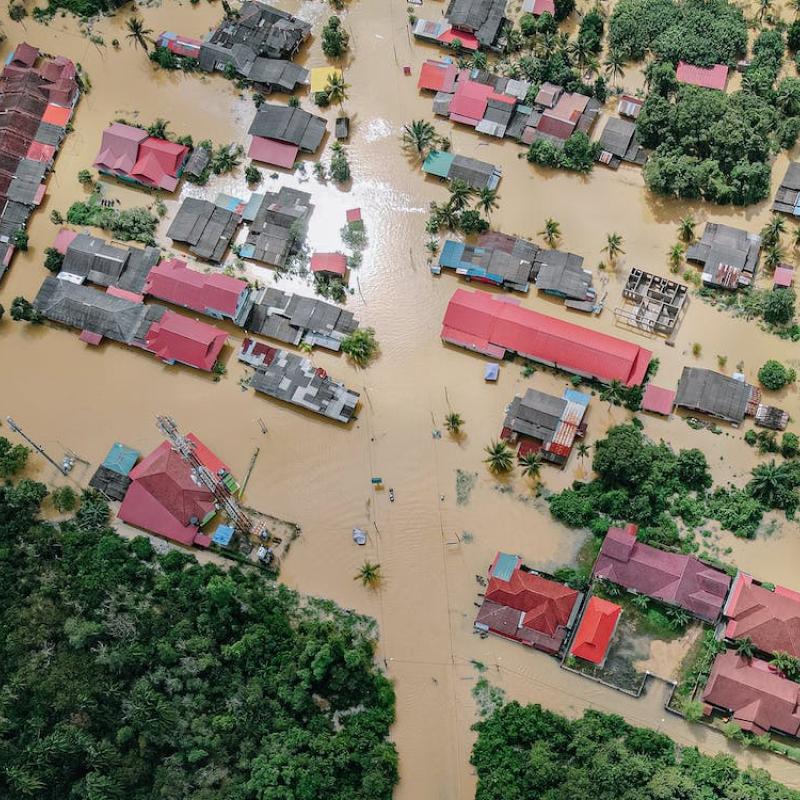PARATUS project - Horizon Europe

- This is a generic topic. Within the Paratus project there are many different options for MSc research, both in terms of study sites (Istanbul, Bucharest, Alps, Caribbean), types of analysis (multi-hazard modelling, direct and indirect loss estimation, uncertainty propagation, climate change and extreme events, stakeholder involvement in developing future scenarios, co-creation of adaptation and risk mitigation measures, serious gaming, development of components for a web-based platform. Also, there are many option for internships within one of our partners within the consortium.
- Suggested elective course:
- Multi-hazard modelling and risk.
Promoting disaster preparedness and resilience by co-developing stakeholder support tools for managing the systemic risk of compounding disasters.
As part of the EU Horizon Europe project PARATUS, we are looking for MSc candidates that would like to be involved in the research within this EU project, which has 19 partners (including Netherlands Red Cross, 510.org, DLR, IIASA) and has 4 application case studies: Istanbul (earthquakes & hydro-meteorological extreme events, focusing on the social sector), Alps (cross-border transportation), Bucharest (emergency response) and the Caribbean (humanitarian response, impact-based forecasting, communications).
The recent pandemic and ongoing climate crisis have taught us hard lessons about the systemic impact of compounding disasters. Stakeholders in disaster risk management are faced with the challenge to adapt their risk reduction policies and emergency plans but lack the tools to account for the cross-sectoral impacts and dynamic nature of the risks involved. The PARATUS project aims to fill this gap by developing an open-source platform for dynamic risk assessment that allows to analyse and evaluate multi-hazard impact chains, risk reduction measures, and disaster response scenarios in the light of systemic vulnerabilities and uncertainties. These services will be co-created within a unique transdisciplinary consortium of research organisations, NGOs, SMEs, first and second responders, and local and regional authorities. To gain a deeper understanding of multi-hazard impact chains, PARATUS will first conduct forensic analysis on historical disaster events, augment historical disaster databases with hazard interactions and sectorial impacts, and exploit remote sensing data with artificial intelligence methods.
Building on these insights, PARATUS will then develop new exposure and vulnerability analysis methods that enable systemic risk assessment across sectors (e.g. humanitarian, transportation, communication) and geographic settings (e.g., islands, mountains, megacities). These methods will be used to analyse risk changes across space and time and to develop new scenarios and risk mitigation options together with stakeholders, using innovative serious games and social simulations.
- https://www.linkedin.com/company/paratus-eu/
- https://www.youtube.com/watch?v=4GU64iQqsx0&t=26591s
- For project deliverables and more information please visit: Homepage - PARATUS (paratus-project.eu)
